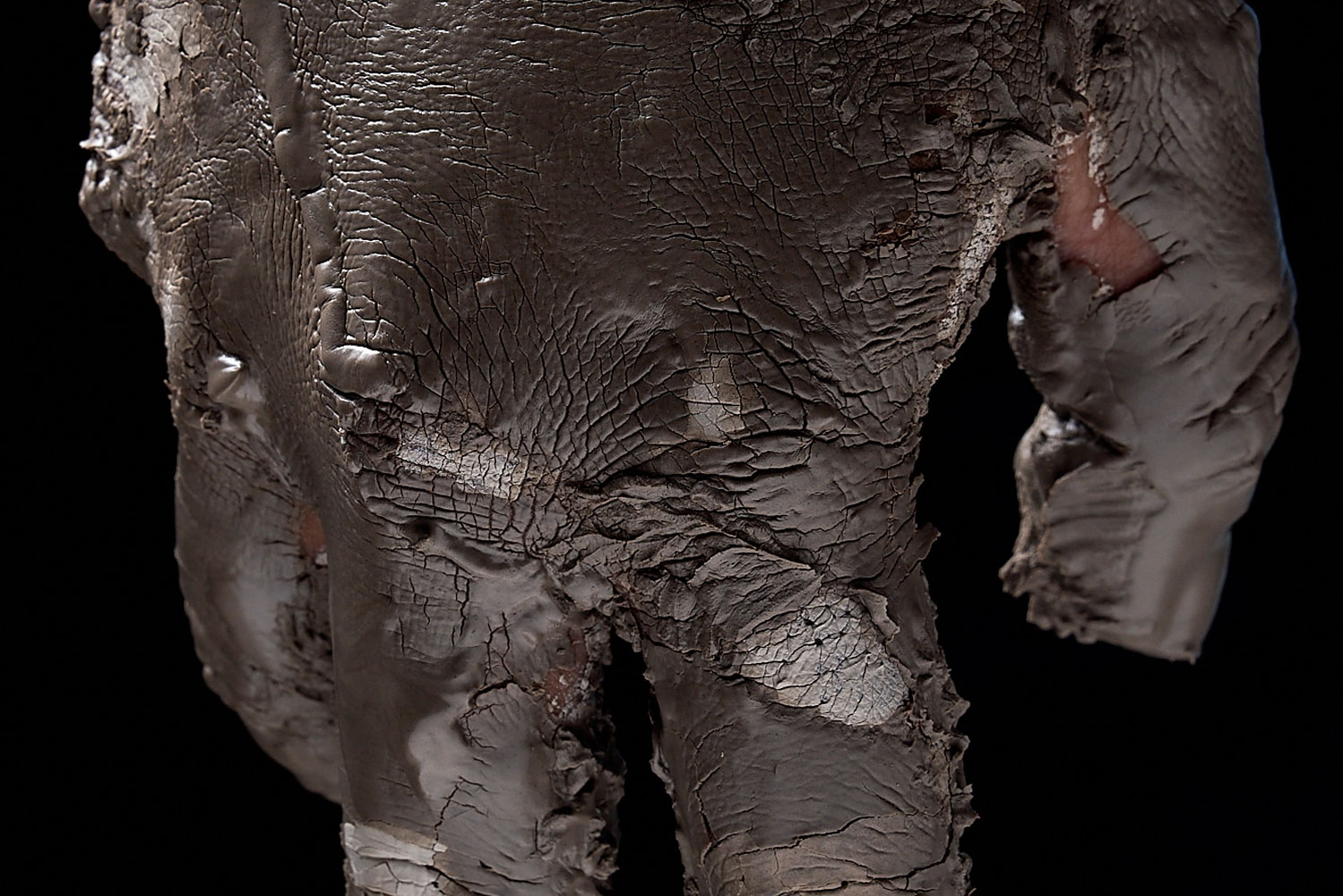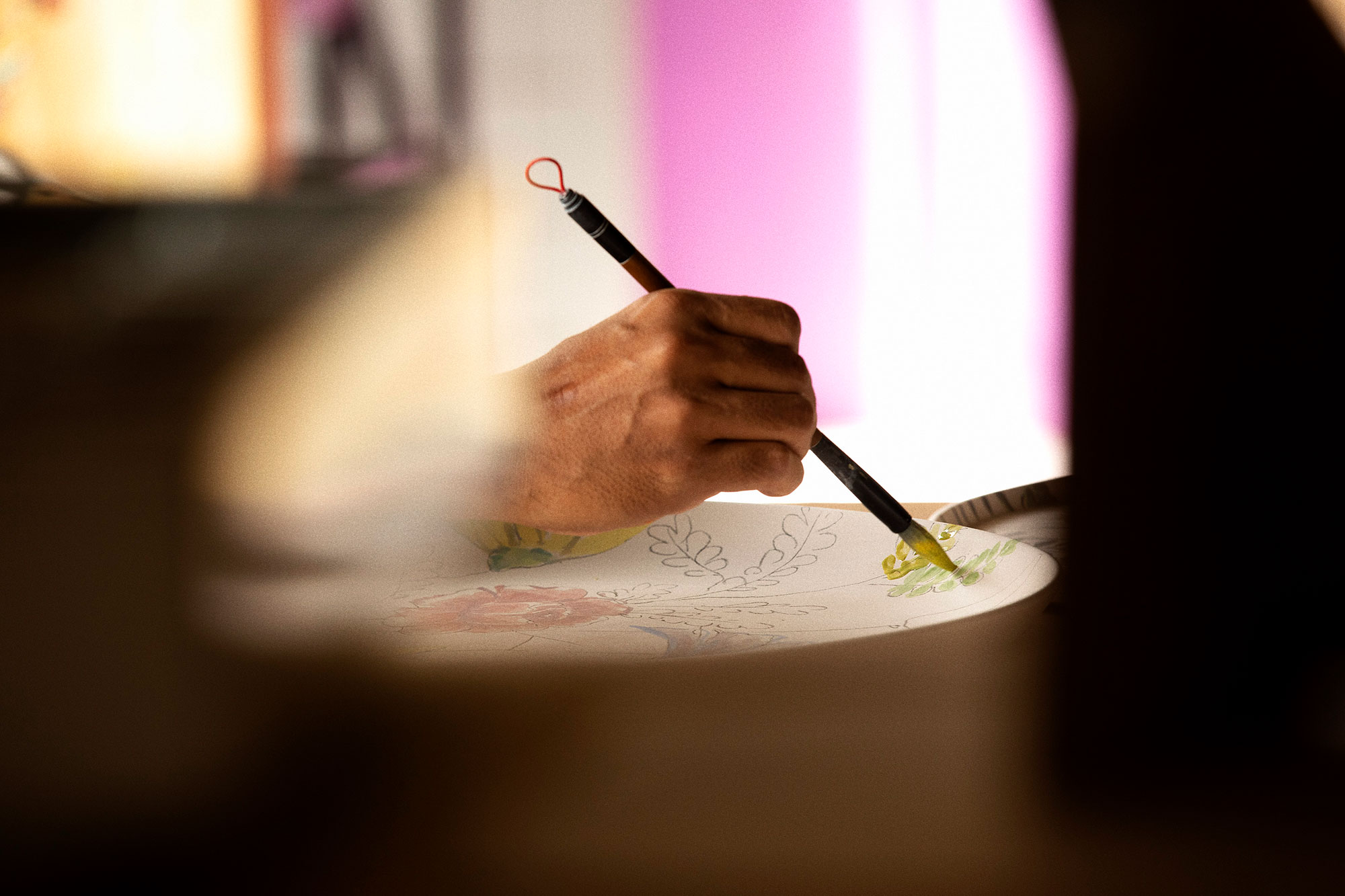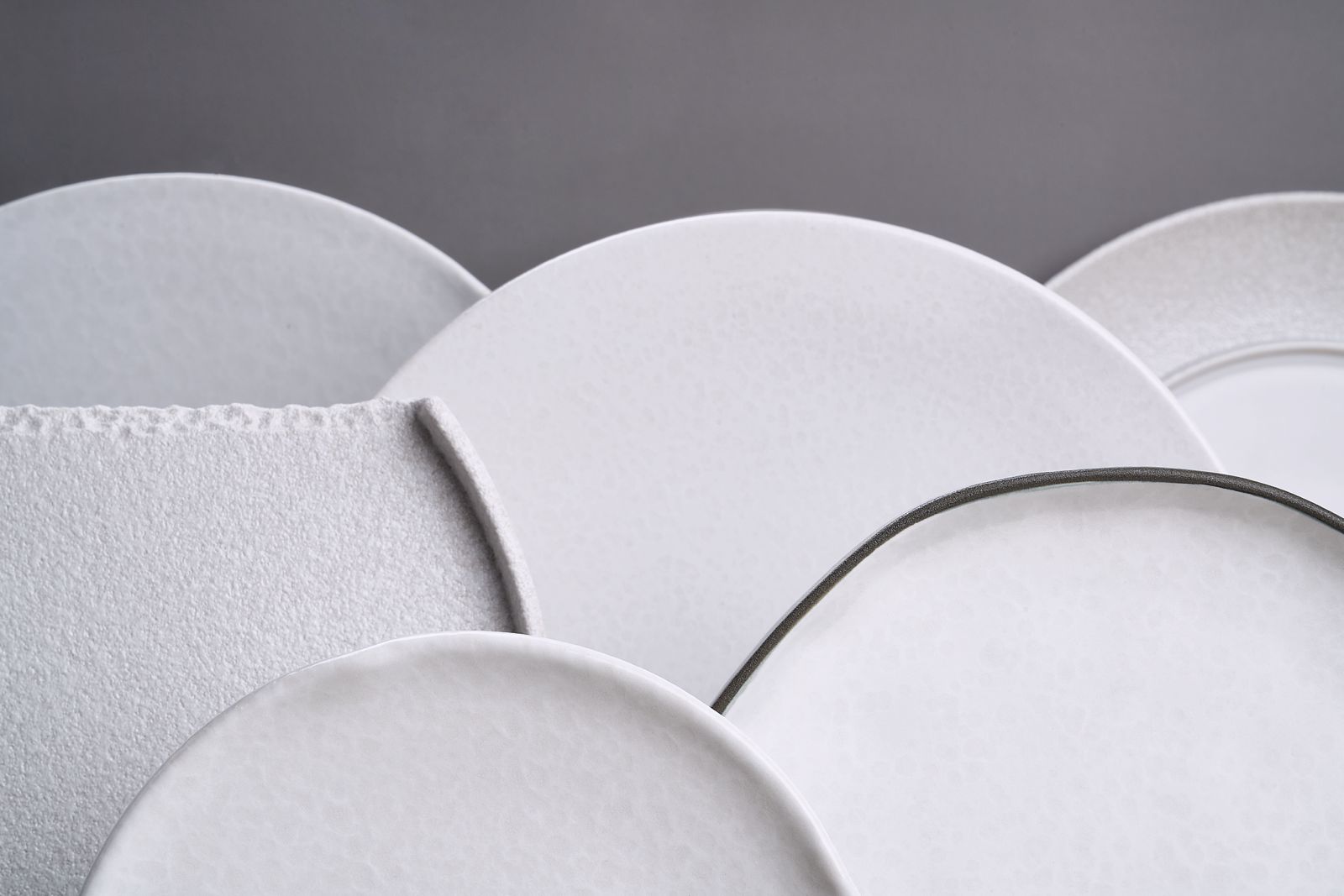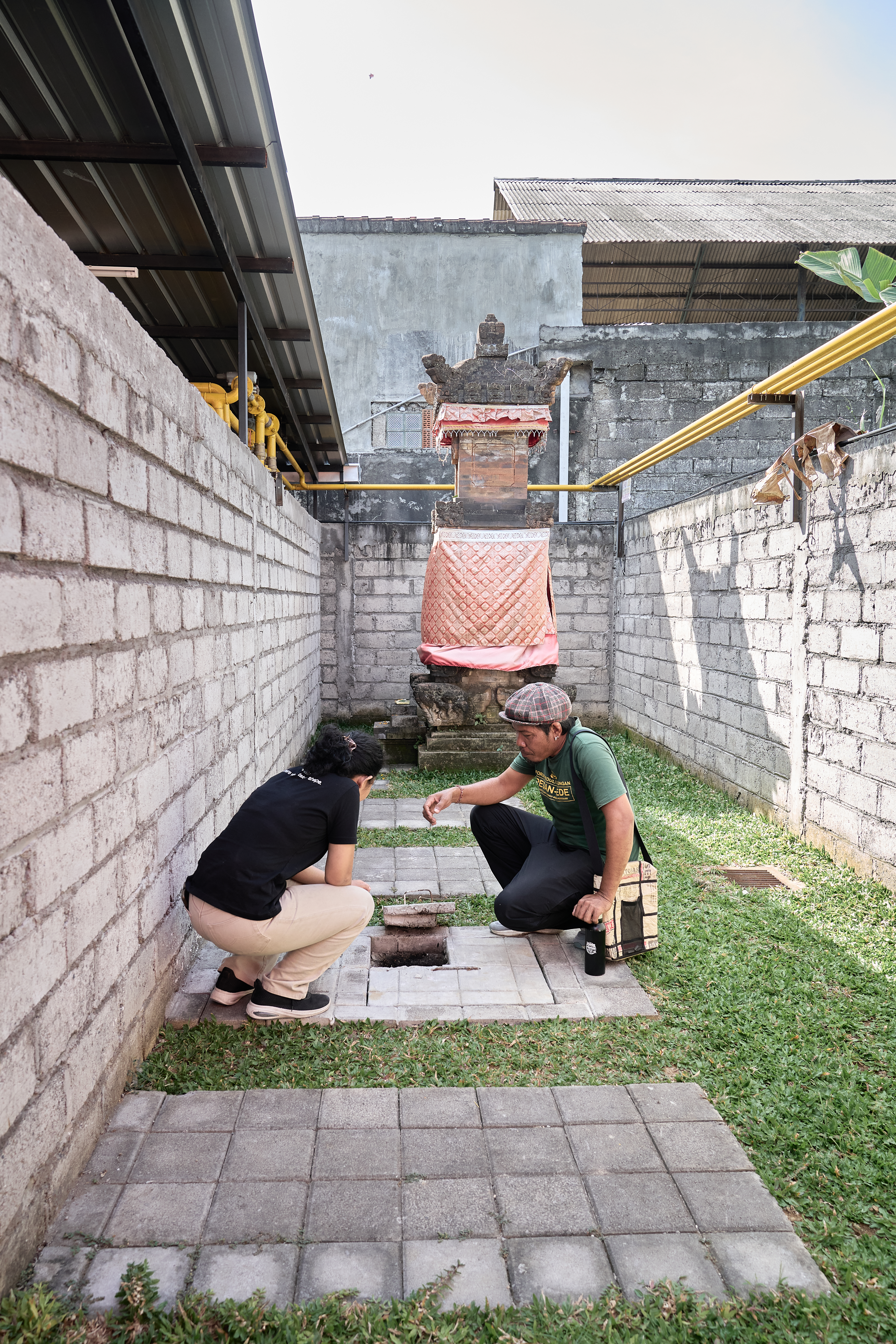Human Touch
In a world dominated by mass production and uniformity, handmade ceramics stand out as a testament to the unique and personal touch of human craftsmanship. Each piece tells a story, not only of the artist’s skill but also of the inherent variations that come with the human touch.
Every potter has a unique way of throwing clay on the wheel, shaping it with their hands, and applying glazes. The imperfections and irregularities that arise during this process are not flaws but rather the fingerprints of the artist. The pressure, speed, and angle at which the clay is shaped all contribute to the variations in form. No two pieces can be identical, as the slightest adjustment in technique creates subtle differences, making each piece distinct and one-of-a-kind.
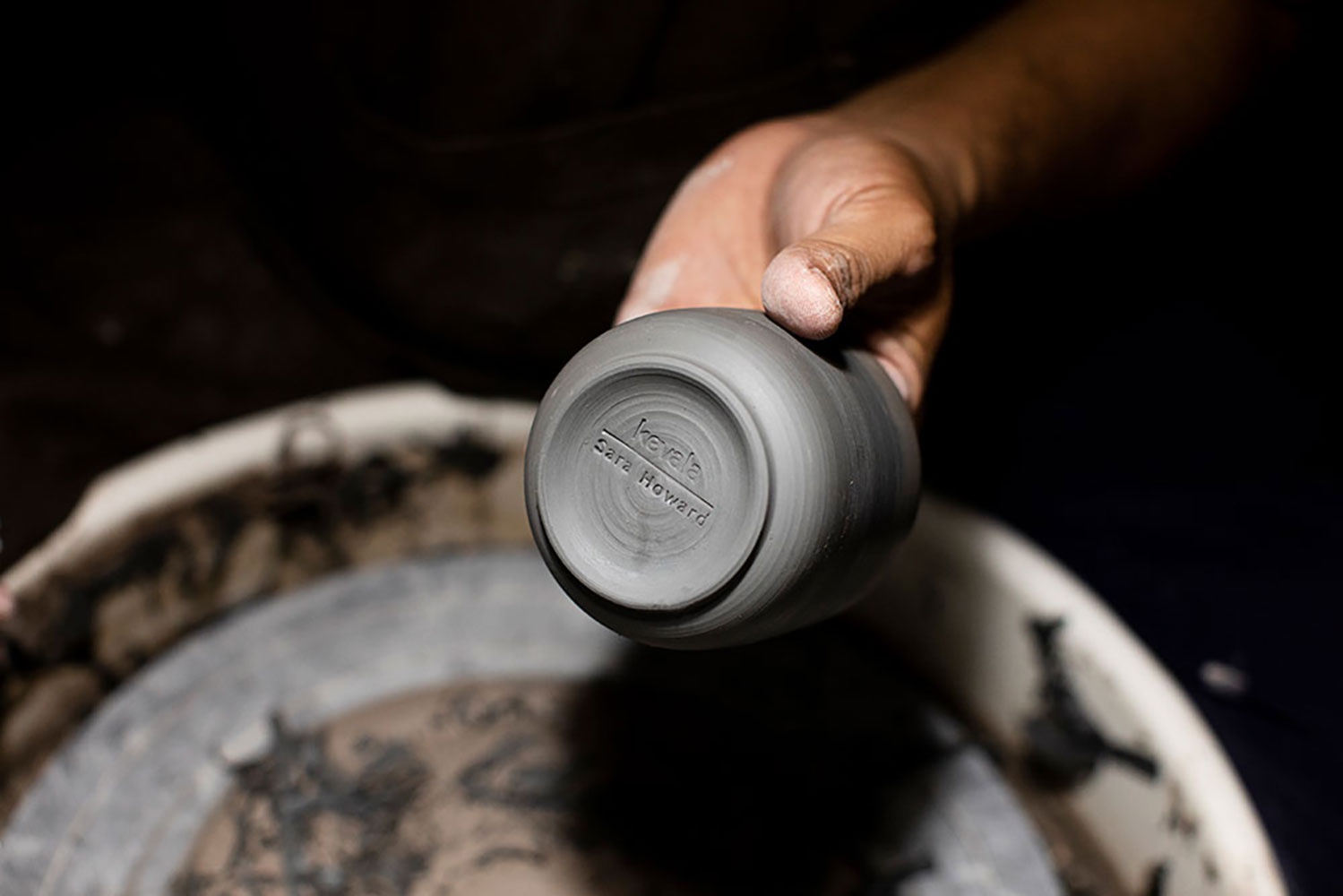
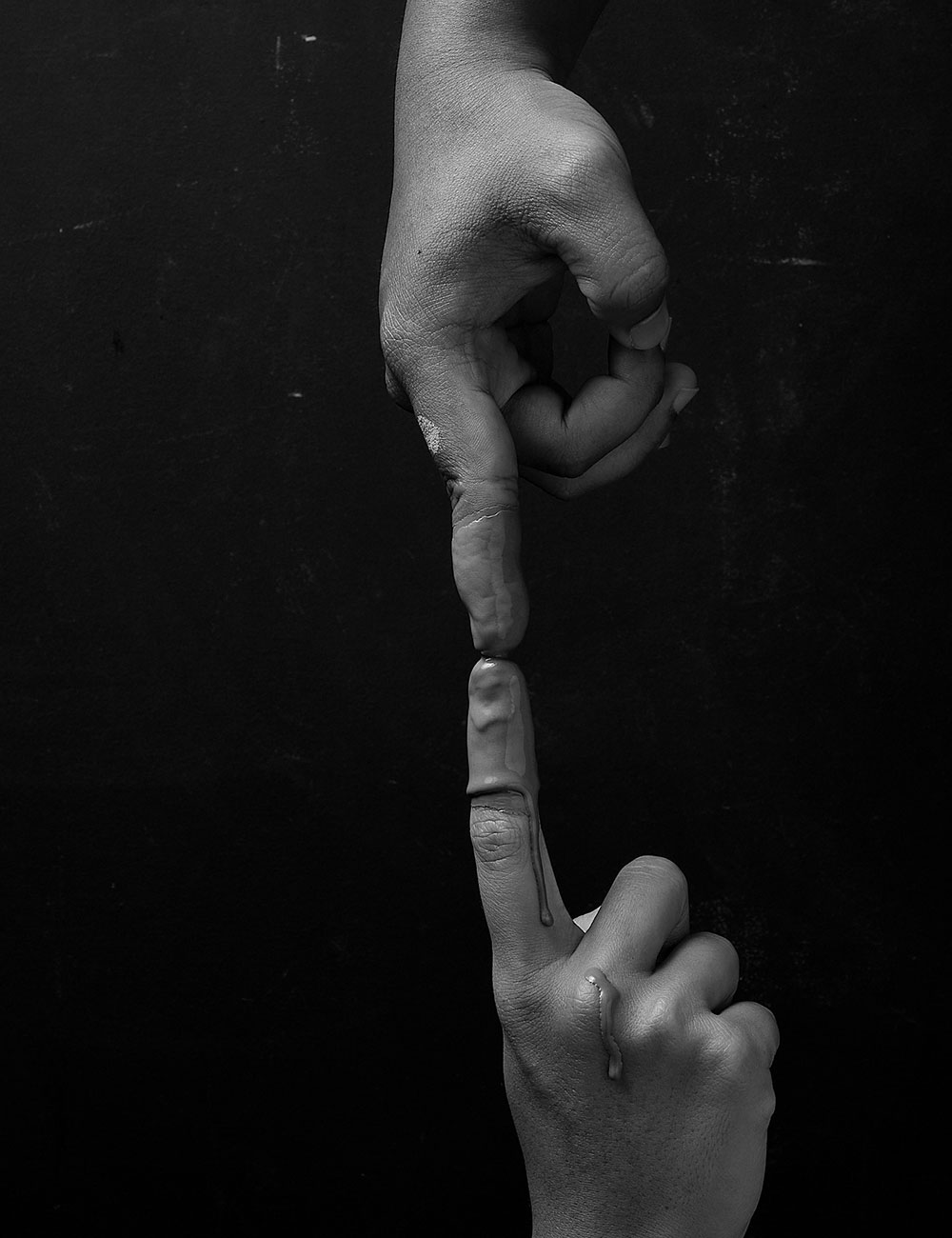
Glazing & Firing Placement
The application of glazes adds another layer of complexity to the handmade ceramic process. The way an artisan brushes, dips, or sprays the glaze onto the piece can result in variations in colour intensity, texture, and surface finish. The kiln firing further enhances these variations, with elements like heat distribution affecting the final outcome.
The firing process, which involves heating the ceramic pieces in a kiln, can introduce variations in temperature, atmosphere, and firing duration can impact the colour, texture, and glaze of the ceramics. Pieces located closer to the heat source may experiment with different temperature gradients and variations in heat distribution, leading to differences in the final appearance.
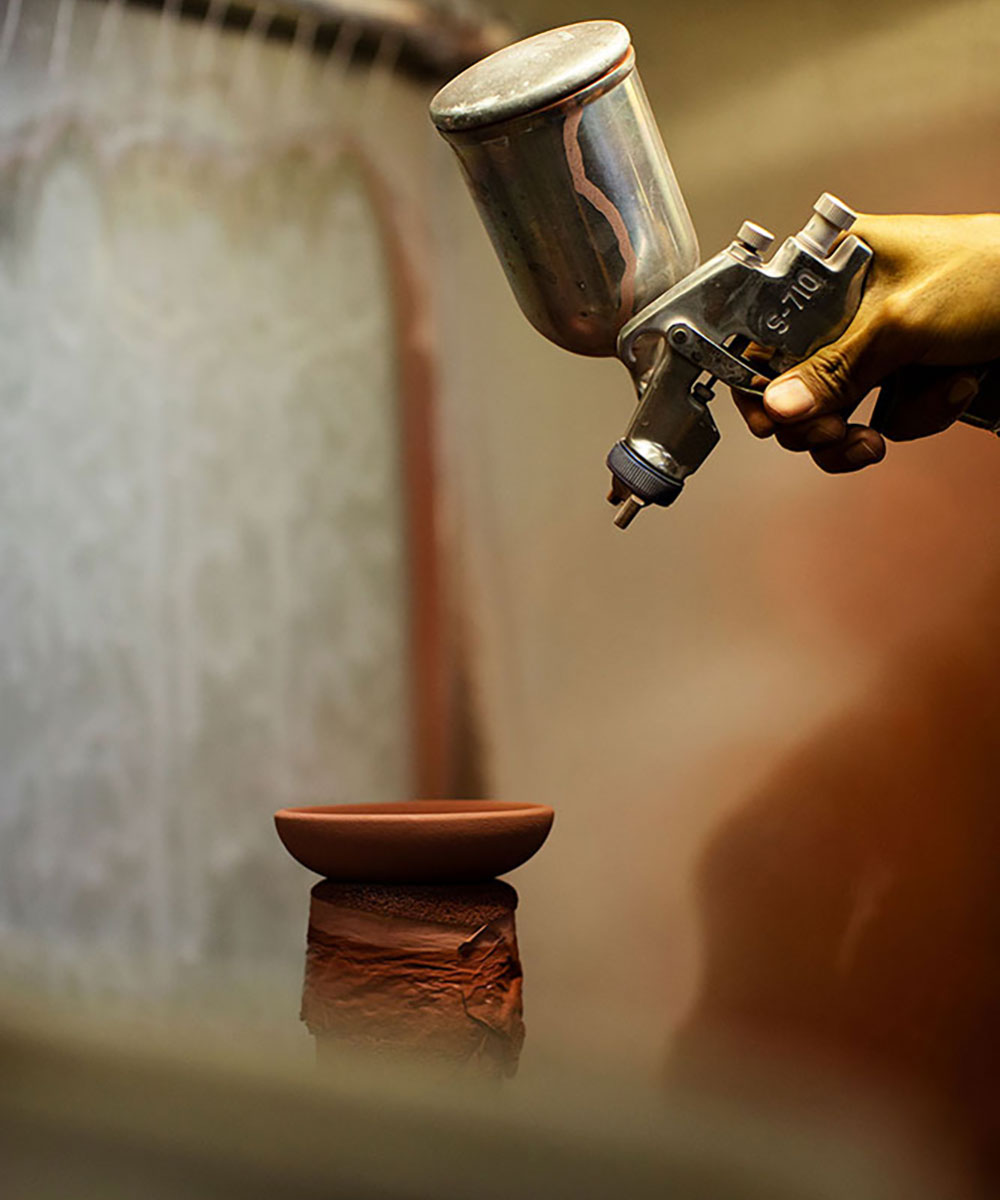
Embracing the variations in handmade ceramics adds depth and character to the objects we use and cherish. These imperfections tell a story of the artist’s dedication, passion, and the intimate connection between creator and creation. In a world where uniformity often reigns supreme, the slight variations in handmade ceramics serve as a reminder of the beauty found in the imperfect and the unique.

